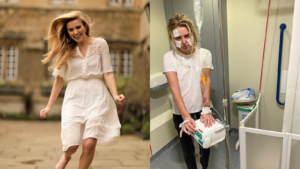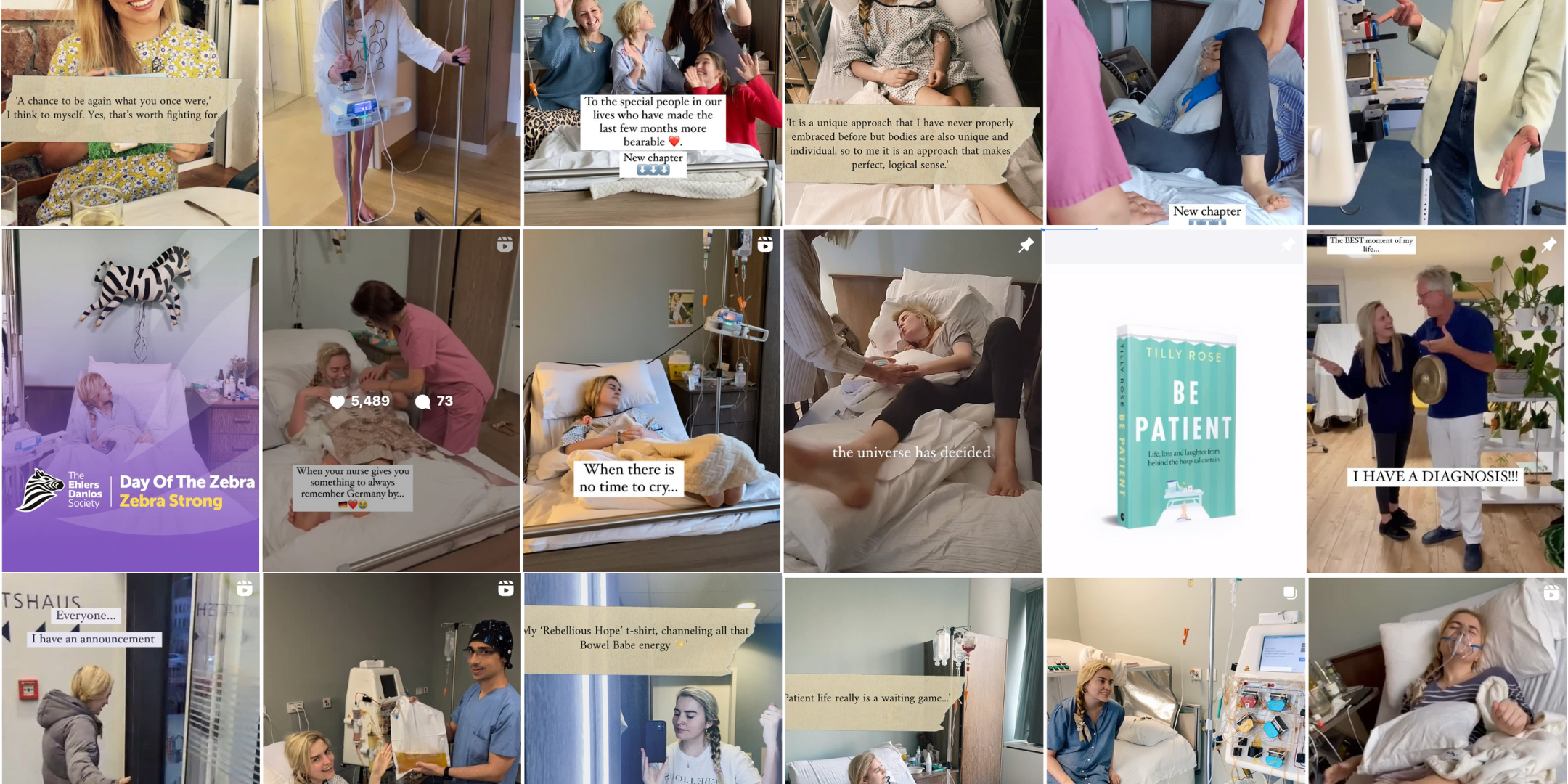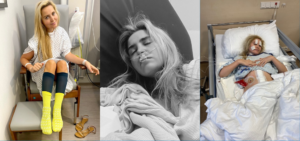

Instagram Saved My Life
By Tilly Rose
This year’s theme for Rare Disease Day 2025 is ‘More than you can imagine’ and my story really has turned out more than I could ever have imagined; a story which proves rare does not mean impossible.
- ‘That doesn’t happen’
- ‘There are no more tests’
- ‘No, Tilly can’t have that condition’
Over my years as a rare patient, these are statements I’ve heard from doctors again and again. If my mum and I had accepted these words, any of these moments could have been the end of the road for me.
My mum began to realise that she could only challenge these statements and ask the next question, if she had the medical knowledge to back up what she was saying.
Quote from my upcoming book ‘Be Patient’Ours is a story about not being limited by a label; we don’t say only ‘accountants’ can do maths or only ‘authors’ can be good at writing or only ‘historians’ can learn about the past or only ‘geographers’ can navigate maps but there does often appear to be a view that only ‘doctors’ can understand medicine.
Over the last 20 years, I’ve seen my mum, who was forced to move out of home at 17 and leave school with no A Levels, engage in discussions with top medical professionals on everything from multi-drug resistant bacteria, to Cytochrome P450, Corticosteroid-binding Globulin and Sodium Channelopathies. Her relentless research and unwavering belief showed me what can be achieved, if you choose to see possibilities rather than obstacles.
Night after night, Mum would stay up until 4:00 in the morning on her laptop. As I got older, we became a team. We would spend hours researching, exchanging ideas, whatsapping, sharing new concepts, clarifying our understanding, practising talking them through, writing lists and prepping for appointments.
This gave us the knowledge we needed to respond to the medics’ statements.
- By citing reports where this had happened.
- By putting forward suggestions of more tests.
- By sharing rare, atypical presentations in case reports.
This was how we solved 13 years of undiagnosed active TB. This was how we solved Addison’s Disease. When my health once again began to deteriorate, we knew this was how we were going to solve the next medical mystery.
This time, it turned out it was … Instagram that saved my life – yes, way more than I could ever have imagined!
In 2022, I spent almost 3 months in a London hospital and was being discharged with no diagnosis, on ‘comfort care’.

At my most desperate, I decided I had nothing to lose by posting on my Instagram @thattillyrose and asking the world for ideas. The world answered. Medics, nurses, PhD students, professors and patients from all over the world got in touch with test suggestions, diagnoses ideas and treatment options.
My mum spent the next year going through every suggestion on the list. This ultimately led me to Germany where I received a diagnosis of multiple vascular compressions. I have now been in Germany for the last year, having undergone three lifesaving surgeries. The compressions were sadly missed in the UK because every discipline was looking at all the separate parts of my body but no one was connecting them all, a story I hear again and again from the rare patient community.
I share chapters on my 20 years as a rare patient on my Instagram @thattillyrose and my own story inspired me to launch @thatpatientcollective where patients with rare undiagnosed conditions can share their own medical mysteries with our community, via our Instagram stories and our patient community can put forward ideas. I really feel patients supporting patients is the way forward!
My upcoming book ‘Be Patient (17 April, 2025 – available to pre-order now) covers my life as a rare patient; a warm, darkly comic account of my desperate search for a diagnosis against the backdrop of a a funny, heartfelt and at times, shocking insight into patient life.
I have realised that this story is so much bigger than just me. My platforms and book are part of my wider mission to impact patient care and to give patients a voice.
Donate to Genetic Alliance UK!
On average it takes five years for someone with a rare condition to receive a final diagnosis. When the health service can’t provide answers, individuals often turn to support organisations and the wider community to find answers. Genetic Alliance UK addresses the need for a fast, timely and positive diagnosis experience in our policy report, More than you can imagine: opportunities for improving the lives of people with rare conditions. We call for the UK governments to apply technological developments in diagnostic tools, harness the power of screening programmes and address barriers to diagnosis for all people with genetic, rare and undiagnosed conditions. Help us to continue pushing for a UK wide approach to improve diagnosis for people with rare conditions by donating today.
